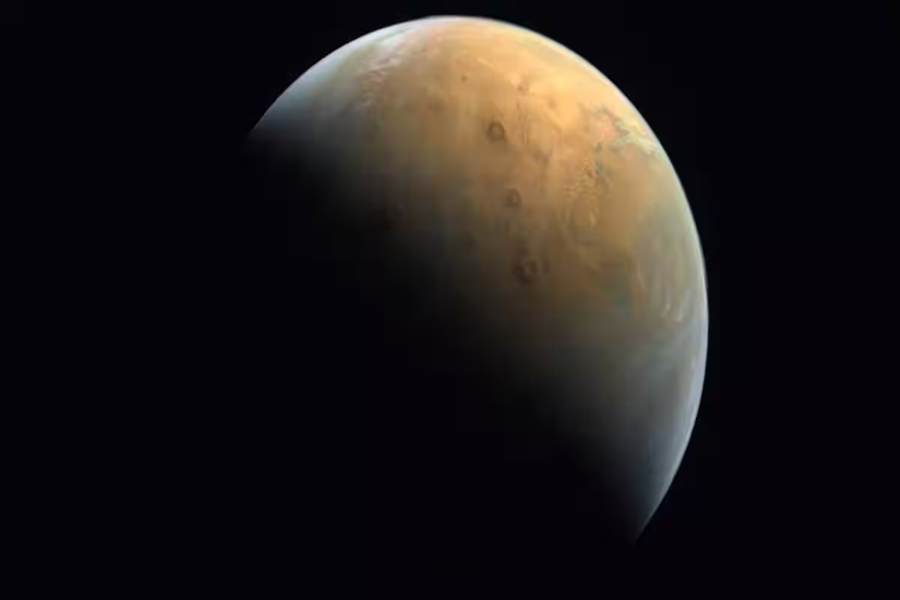To ascertain the habitability of exoplanets, or planets outside Earth's solar system, scientists at the Indian Institute of Science Education and Research (IISER), Kolkata, have proposed a mathematical equation.
The equation expresses the suitability of an exoplanet for living by establishing a relation between its magnetic field, its atmosphere and the winds coming from the star it orbits, they said in their study.
Specifically, they found that the rate of loss of the planet's atmospheric mass increased with an increase in stellar magnetic field strength. This was because the stellar winds were stronger and thus, eroded the exoplanetary atmosphere at a faster rate.
However, the scientists' simulations revealed a more complex picture when they found that atmospheric loss rate can be higher for planets with a strong magnetic field.
The mathematical relation thus establishes an analytical relationship between the atmospheric loss rate and the ratio of exoplanetary and stellar magnetic fields, they said in their study published in The Astrophysical Journal.
The Earth's atmosphere is protected from being eroded by winds from the Sun because of its magnetic field, or its magnetosphere.
The solar winds interact with the Earth's magnetic field resulting in a tear-drop shaped magnetosphere with a magnetopause on the Earth's dayside and an extended magnetotail on its nightside. The magnetosphere cocoons the Earth's atmosphere sitting within, thereby rendering our planet habitable.
These findings indicate that we are just beginning to understand how magnetism influences star-planet interactions, atmospheric mass loss and habitability of planets across the vast expanse of our universe, the scientists said in a statement.
Except for the headline, this story has not been edited by The Telegraph Online staff and has been published from a syndicated feed.










